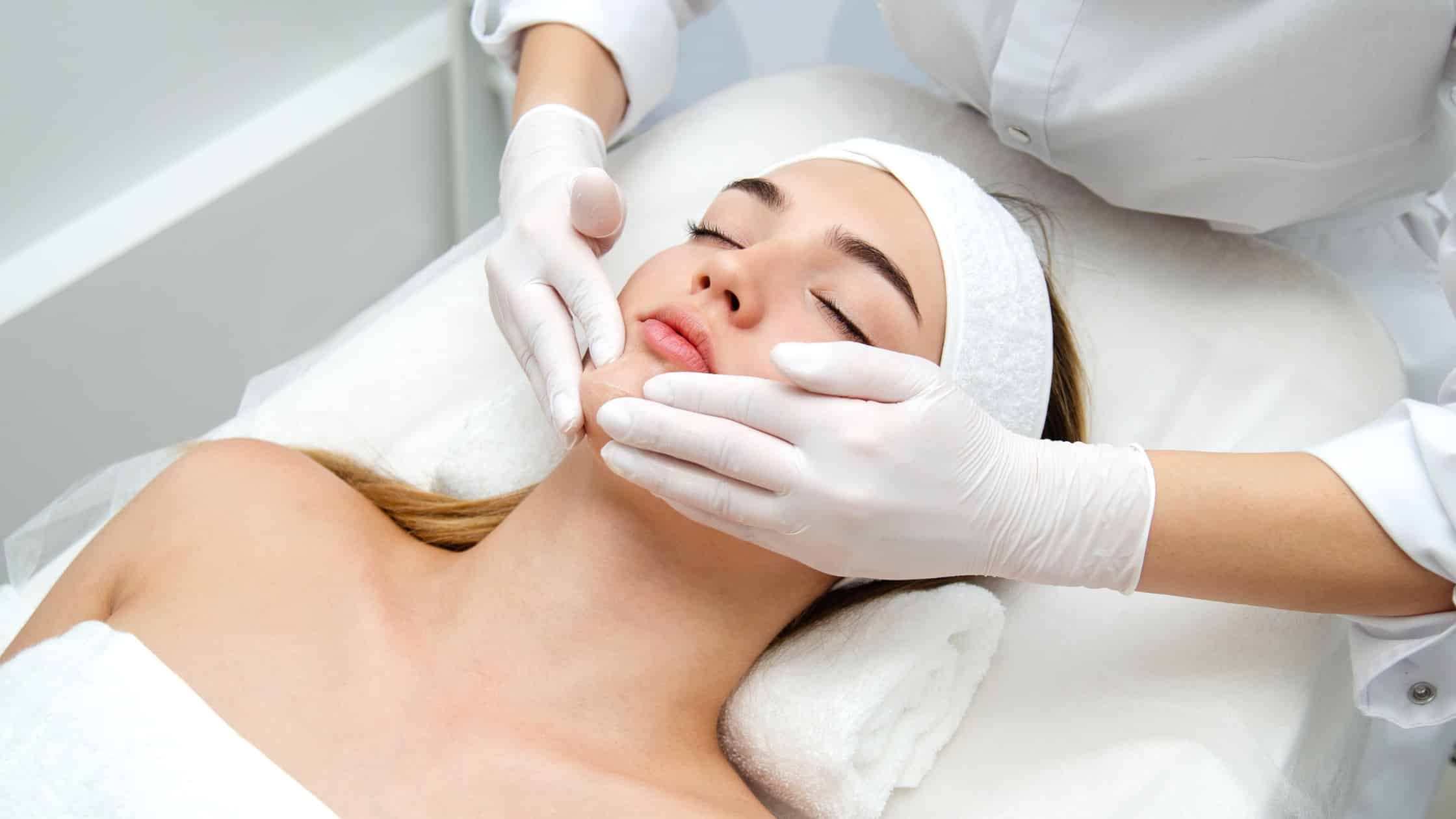Reflexology is an ancient therapy that involves applying pressure to specific areas of the feet, hands, or ears to stimulate a healing response in corresponding parts of the body. It is based on the principle that these areas, known as reflex points, are connected to different organs and systems, and by applying pressure, blockages and imbalances in the body can be addressed.

How Does Reflexology Work?
Reflexology works on the principle that the body is divided into zones, and each zone is connected to different reflex points in the feet, hands, and ears. These reflex points correspond to specific organs, glands, and body parts. By stimulating these reflex points, reflexology aims to promote relaxation, improve circulation, and restore balance in the body.
When pressure is applied to a reflex point, it activates nerve endings, which send signals to the brain and spinal cord. The brain then releases endorphins, our body’s natural painkillers, and neurotransmitters that help reduce stress and promote a sense of well-being. Additionally, the increased blood flow and oxygenation in the area can help remove toxins and promote healing.
Health Benefits of Reflexology
Reflexology offers a wide range of health benefits, both physical and emotional. Here are some of the key benefits:
- Stress Reduction: Reflexology helps activate the parasympathetic nervous system, which induces relaxation and reduces stress. It can help lower blood pressure, slow down the heart rate, and promote a deep sense of relaxation.
- Pain Relief: By stimulating specific reflex points, reflexology can help relieve pain and discomfort in various parts of the body. It is particularly effective for headaches, migraines, back pain, and menstrual cramps.
- Improved Circulation: The pressure applied during reflexology helps improve blood circulation throughout the body, which in turn enhances the delivery of oxygen and nutrients to the cells and promotes overall health.
- Enhanced Nerve Function: Reflexology stimulates the nervous system, helping to improve nerve function and communication between the brain and different organs. This can have a positive impact on various conditions such as neuropathy and multiple sclerosis.
- Boosted Immune System: Reflexology can enhance the immune system by stimulating the lymphatic system, which helps remove toxins and waste from the body. It also promotes the production of endorphins and other immune-boosting substances.
- Improved Sleep: Many people find reflexology to be deeply relaxing, which can help improve sleep patterns and alleviate insomnia. By reducing stress and promoting relaxation, reflexology can contribute to a better night’s sleep.
It is important to note that reflexology is not a substitute for medical treatment, but it can be used as a complementary therapy to support overall health and well-being. It is generally safe for most people, but if you have any specific medical conditions or concerns, it is always best to consult with a qualified reflexologist or healthcare professional.
Reflexology is a holistic therapy that utilizes the body’s natural healing mechanisms to promote balance and well-being. By stimulating reflex points in the feet, hands, and ears, reflexology can help reduce stress, relieve pain, improve circulation, and enhance overall health. If you’re looking for a natural and non-invasive way to support your health, reflexology may be worth exploring.




